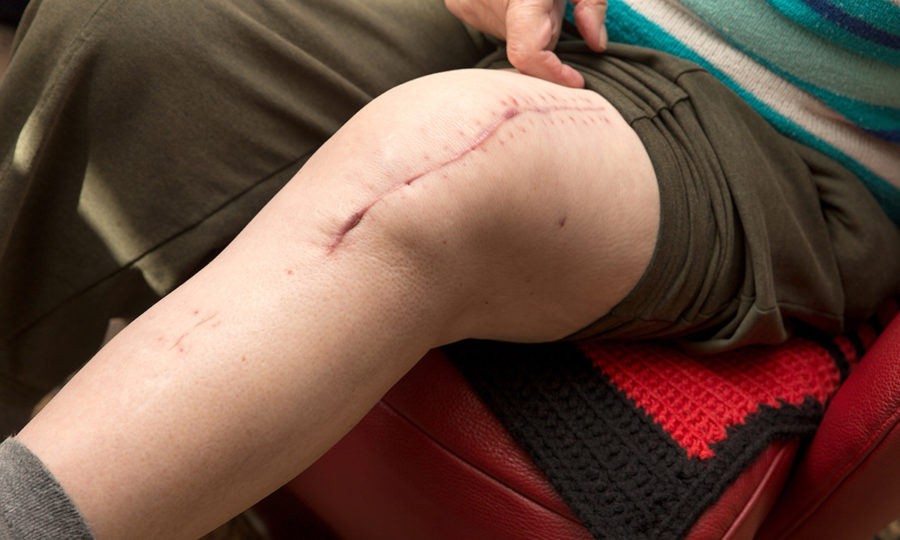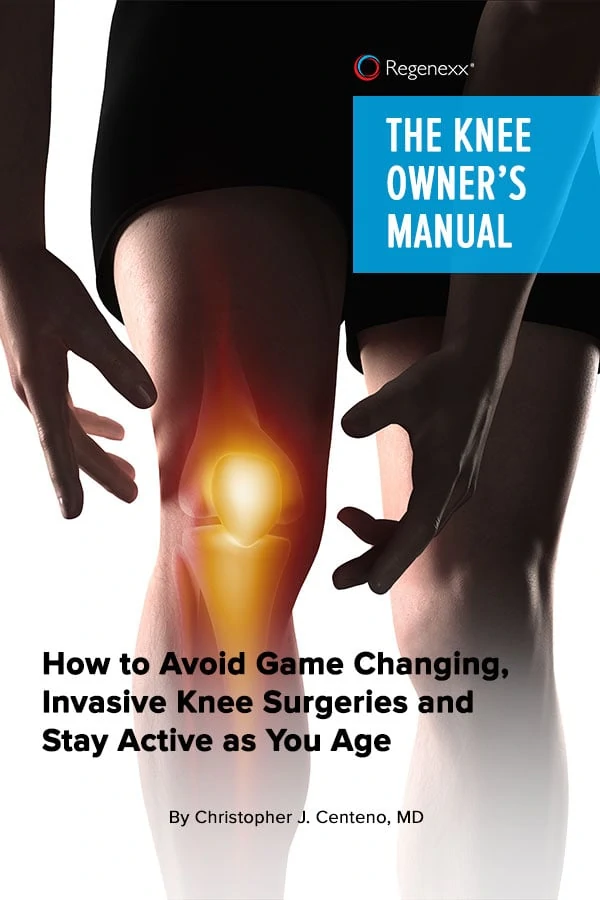Have you been told you need total knee replacement? At the Centeno-Schultz Clinic, we acknowledge there are problems associated with total knee replacements – and they are BIG problems! Let’s review!
Continued Pain and Total Knee Replacement Surgery
- One study found that 54% still had pain after surgery, and within five years of knee replacement, 87% of patients had knee pain.
- One study found pain levels registering a staggering 5 out of 10 following this surgery.
- Another study found that 75% have no improvement in their pain and 5% actually noted an escalation in pain.
Want to Get Back to What You Love, Without Surgery and Medication?
Continued Need for Pain Medication
Components of a Knee Replacement Prosthesis Can Cause Allergies
Increased Risk of Hip and Spinal Fracture
- This study found a 4% increased risk of hip fracture during the 10 years following knee replacement.
- Another study found an 11% increased risk for vertebral fractures.
Increased Risk of Heart Attack
- Patients undergoing hip or knee replacement were 31 times more likely to have a heart attack.
Lawsuits have been filed against DePuy Synthes who markets the Attune Knee System. Multiple reports have been filed with the FDA documenting premature failure of the Attune Knee System. Symptoms include instability, swelling, reduced range of motion, and persistent pain. The premature failure is thought to be due to faulty glue that is intended to keep the tibial implant in place. The only solution is revision surgery to remove the implant and replace it. Ouch!
This surgery is associated with a number of serious complications and limitations. Rather than blindly following the counsel of orthopedic surgeons, be mindful of your options. Understand the causes of knee pain, and select a physician who can perform a comprehensive evaluation and musculoskeletal ultrasound. The Centeno-Schultz Clinic offers platelet-rich plasma (PRP), A2M, and bone marrow-derived stem cells and fat grafts as an alternative to knee surgery for osteoarthritis.
Feel free to review our results via the Regenexx Live Patient Outcome Data application.

